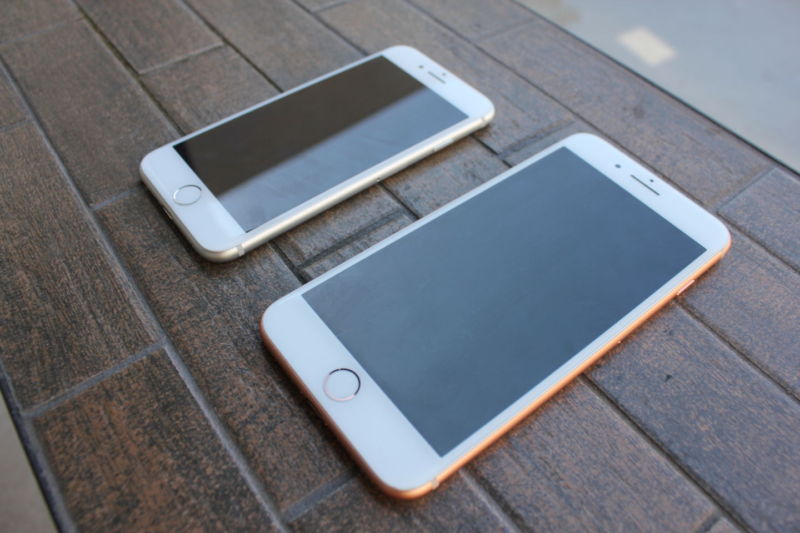
Apple's battery fiasco continues to grow as the US government gets involved. According to a Bloomberg report, the Department of Justice and the Securities and Exchange Commission are investigating if Apple violated securities laws with its disclosures surrounding a software update that intentionally slowed down the performance of older iPhones. The DOJ and SEC have requested more information from Apple on the subject.
No other details have been reported since the investigation is still new. It's possible that the government is looking into Apple violating the securities laws that require publicly traded companies to disclose accurate financial information, including risk factors associated with investing in the company. The DOJ and SEC may consider the update that included the slow-down practices a risk factor that could affect the company's stock and one that wasn't properly disclosed to investors. As of writing this article, Apple's stock fell 1.02 percent to $166.21 per share.
But this new investigation doesn't signal definite wrongdoing by Apple—just an investigation by the government to see whether or not wrongdoing occurred. It's also unclear which securities laws the DOJ and SEC are referencing—and since the probe is private, it's hard to anticipate when more information about the investigation will be made public.
Apple's battery controversy began at the end of 2017, when the company confirmed it intentionally slowed down the performance of old iPhone models to prevent unexpected shutdowns due to aging batteries. Customers were furious as many had suspected the company's practices for quite some time. Apple formally apologized and lowered the cost of out-of-warranty iPhone battery replacements from $79 to $29 in hopes of winning back the trust of angry customers.
But Apple will not stop slowing down older iPhones in the future. The practice was introduced in a past software update and will be included in future versions of operating systems. However, Apple has promised more transparent battery health UI tools in forthcoming software updates, as well as the option to turn off the power management tool that intentionally slows down an iPhone's performance.
Nevertheless, the controversy has ignited anger from regular customers and lawmakers alike. A number of class-action lawsuits have been filed against Apple, and earlier this month, Senator John Thune (R-S.D.) demanded answers from the company regarding the level of transparency of its software update details. Thune asked for Apple's answers to be delivered by January 23, but the senator hasn't released the company's response, if any.
reader comments
172